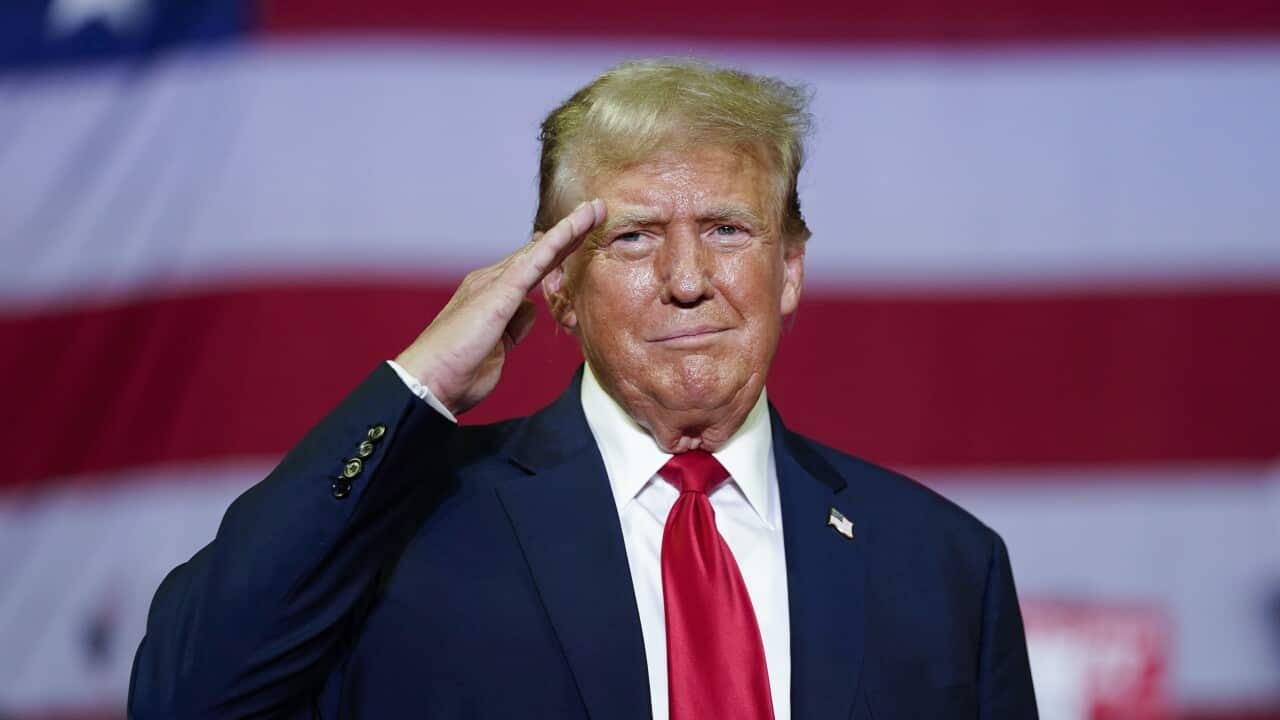Key Points
- A revised indictment has been filed against Trump relating to his alleged bid to overturn his 2020 US election defeat.
- It lays out the same charges it brought against him in 2023, but does not focus on his position as a former president.
- It again accuses Trump of a multi-part conspiracy to block the certification of his election defeat to Joe Biden.
Donald Trump has been hit by a new federal indictment relating to his alleged bid to overturn his 2020 United States presidential election defeat, with prosecutors narrowing their approach after a US Supreme Court ruling that former presidents have broad immunity from criminal prosecution.
US special counsel Jack Smith's team has obtained a new indictment in the Washington case.
The revised indictment lays out the same four charges it brought against the Republican former president in 2023 — conspiracy to defraud the US, conspiracy to obstruct an official proceeding, attempting to obstruct an official proceeding and conspiracy against rights — focusing on Trump's role as a political candidate seeking re-election, rather than as the president at the time.
The Supreme Court ruled on 1 July that Trump cannot be prosecuted for actions that were within his constitutional powers as president.
The revised indictment no longer includes allegations that Trump sought to pressure the Justice Department in his bid to overturn his election defeat, an apparent effort to keep the prosecution alive after the high court found that Trump could not be prosecuted for that conduct.
This indictment, like the initial one, accuses Trump of a multi-part conspiracy to block the certification of his election defeat to Democratic President Joe Biden.
Trump has previously pleaded not guilty to all charges and denied he attempted to interfere in the election.
On his Truth Social platform, Trump responded to the indictment by calling it a "travesty" and an "effort to resurrect a 'dead' witch hunt".
Trump is again seeking election as the Republican candidate in the US presidential race, this time in a race against Democratic vice-president Kamala Harris. The election takes place on 5 November.
The case was presented to a new grand jury, one that had not heard evidence from the original case, said a Justice Department spokesman.
The new version of the indictment hinges on key testimony and evidence from witnesses largely outside the federal government, such as former Arizona House Speaker Rusty Bowers, whom the indictment says was pressured by Trump and a co-conspirator to call a special session to hold a hearing based on bogus assertions of voter fraud.











